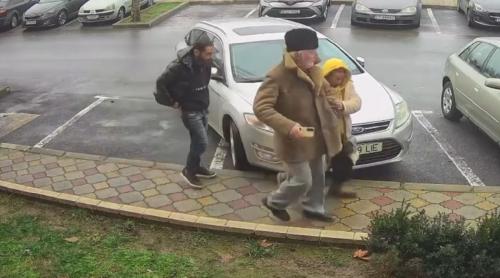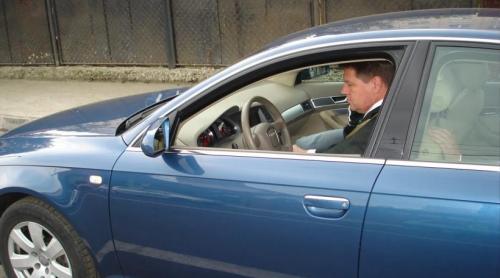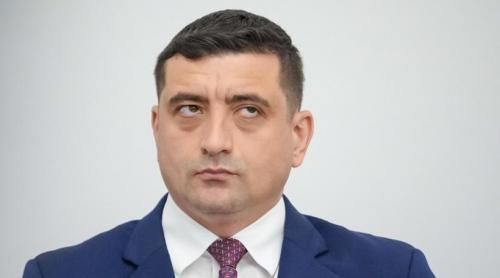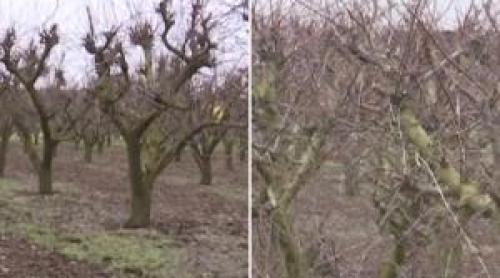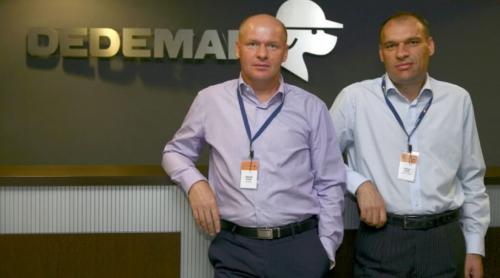OBSERVER - February 28th 2005
European Union and Ukraine recently signed a common action plan, in which the two parties vow to support each others economic development. But along benign paragraphs one stands out, for the European Union seems to give its approval for Ukraine to build the Bistroe channel inside the Danube Delta.
ALEXANDRU NASTASE
The plan for building the channel was followed suit and almost brought to completion
this summer, when former president Leonid Kuchma inaugurated a section of it. Scores of environmental nongovernmental organizations protested, and various chancelleries took a stance against Ukraineâs move.
This time, however, it looks like the European Union has no further qualms regarding the environmentally dangerous project, and gave its ok for it in the writing of the recent document.
The action plan states that the two parties "will take active part in promoting the Danube River and using it to its fullest potential as one of the main European transportation waterways." In other words, this means that both Ukraine and the EU vow to exploit the Danube as a transportation means. But Ukraine can participate in this endeavor only if the Bistroe channel, linking the Danube with the Black Sea on Ukrainian territory, will be completed.
The building of the Bistroe channel started in May 2004, though no study of its environmental impact was conducted. Though relevant Conventions were activated and powerful power houses protested - like the US Department of State and the German Chancellery - Ukraine went on unabated.
A few months later, in a document published by Jurnalul National, Ukraine recognized which were its true strategic interests behind the plan to carve a waterway inside the natural reservation of the Danube Delta. Ukraine wants to consolidate its geo-strategic position in Western Black Sea and enhance its military capacities in the region.
The document stated that "from a strategic viewpoint, building a waterway on the Ukrainian section of the Danube Delta will enhance the countryâs military, energetic and economic independence."
In other words, not the high transit taxes Romania asked for ships using its waterways were the real reason for Ukraine, as it publicly claimed.
The document makes things even clearer as to Ukraineâs reasons: "Ukraineâs loss in 1997 of its own transportation waterway caused the decline of the countryâs stature in the region."
The current political power in Bucharest has its own priorities: to change the Danube Delta Governor, Virgil Munteanu, with its own man. The first option was liberal Georgel Rosca, from the Tulcea County Council. Then both the liberals and the democrats in the ruling coalition tried to change the legislation regarding the Danube Delta Reservation.
Strong protests from fishermen, people in charge with exploiting parts of the Delta and civil society organizations made the ruling class to change its mind.
Sources say that a new candidate is in the pipeline as a replacement for the Governor of the Administration of the Danube Delta Biosphere Reservation. His name is Silvian Ionescu, who resigned his position as Bucharest Prefect in January, six days after nomination, after President Traian Basescu stated his displeasure at Ionescuâs nomination "given his past."
Ionescu was the liaison officer for Basescu, when the latter was running the Navrom shipping company office in Antwerp, prior to 1989. Ionescu is a graduate of the Academy of Economic Studies and between 1974 and 1989 served as an officer in the Department of Foreign Intelligence of the Ministry of Interior [actually the spy division of the country at the time]. Ionescu turned into a 1989 Revolution fighter, to become secretary general of the National Salvation Front and later became a business man.
Investigative reports of Jurnalul National showed that Ionescu drained public funds from the Bucharest City Hall using a prop-company. He was also credited with draining one million dollars from the now extinct bank of Bancorex. After resigning his position as Bucharest Prefect, Ionescu moved to the Ministry of the Environment, though his past experience does not give him any credits for taking a position there. Still, he is credited to be the next Danube Delta Governor.
So far it is only the current Governor, Munteanu, who protested against the provisions in the Ukraine-EU action plan.
"I am indeed surprised [by this document]. All official statements made by international conventions were overlooked. There are reports and international recommendations against the going ahead of this project [building the Bistroe Channel], and yet the EU-Ukraine document stated that the Danube Delta is to be used at its full potential as a transportation waterway in Europe. It is important for Romania to take a public stance on this issue and ask for explanations," said Munteanu to Jurnalul National.
Translation : ANCA PADURARU





